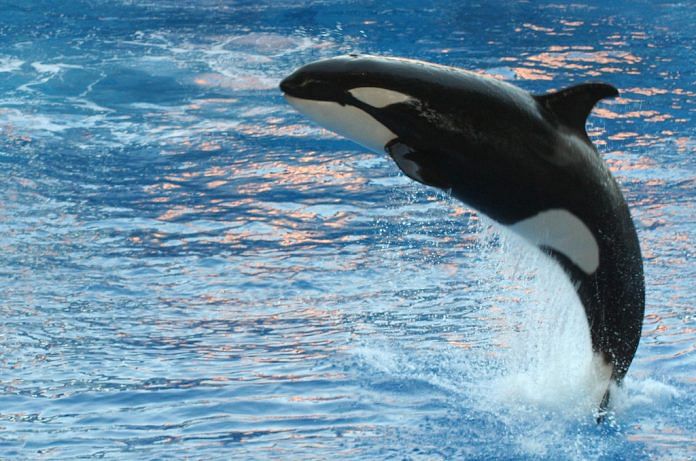Mystery of killer whales with a grandmotherly instinct
Killer whales are among the few known animals, apart from humans, who undergo and survive menopause. The reason for this and their long life, averaging at 90 years, has been a mystery. But scientists who have analysed populations of killer whales for several decades have figured out the reason why. The animals are matriarchal, led by an older female. Deaths of older females often increases the chances of deaths of calves. Turns out, these older females impart crucial knowledge about food resources to calves, which could mean life or death in many situations. More on National Geographic.
Greenland’s ice sheet melting seven times faster than 1990s
Greenland’s ice sheet is melting much faster than we thought, threatening hundreds of millions of people with floods and destruction. Compared to the early 1990s, ice in the country is melting seven times faster, which is higher than what was predicted even by comprehensive IPCC reports. Sea levels are projected to rise by 67cm by the year 2100, which is 7cm more than previously thought. This, in turn, puts 40 million people more at risk and will also lead to increased storm surges and extreme events. More on the Guardian.
A first — Brazilian researchers author climate papers anonymously
As the Amazon rainforest undergoes a deforestation crisis, the environment in Brazil has made scientists apprehensive of funding cuts. Most climate scientists who perform research into the ongoing climate crisis and reasons behind Brazil’s August fire are also afraid of retribution as the science contradicts the country’s official government statements. For the first time, scientists have authored a paper in which the Brazilian authors have remained anonymous. The paper states that the increase in fires coincided with President Bolsonaro’s time in office. More on Nature Index.
Plants emit ultrasonic noise when cut: Study
A new study has shown that plants emit high-pitched sounds when they are stressed and display change in colour, smell and shape. The study also states that they release volatile chemicals as well. The study was conducted on tomato and tobacco plants when microphones were placed about 10cm away from the plants. The sounds were emitted in the range of 20 to 100 kHz. More on Open Culture.
Electric forces help clumps and dust particles come together to form planets
When the solar system was just forming, it was simply a swirling mass of dust and clouds. How these reorganised to form giant clumps and then planets has been a bit of a mystery so far. But now, after having experimented with very tiny beads of glass, researchers have discovered that super strong electric charges which are brought on by microgravity in space pull these bits and pieces of material together. This solves the big problem of how colliding particles don’t bounce of each other and instead stick together when there isn’t enough gravity between them. More on Smithsonian.



